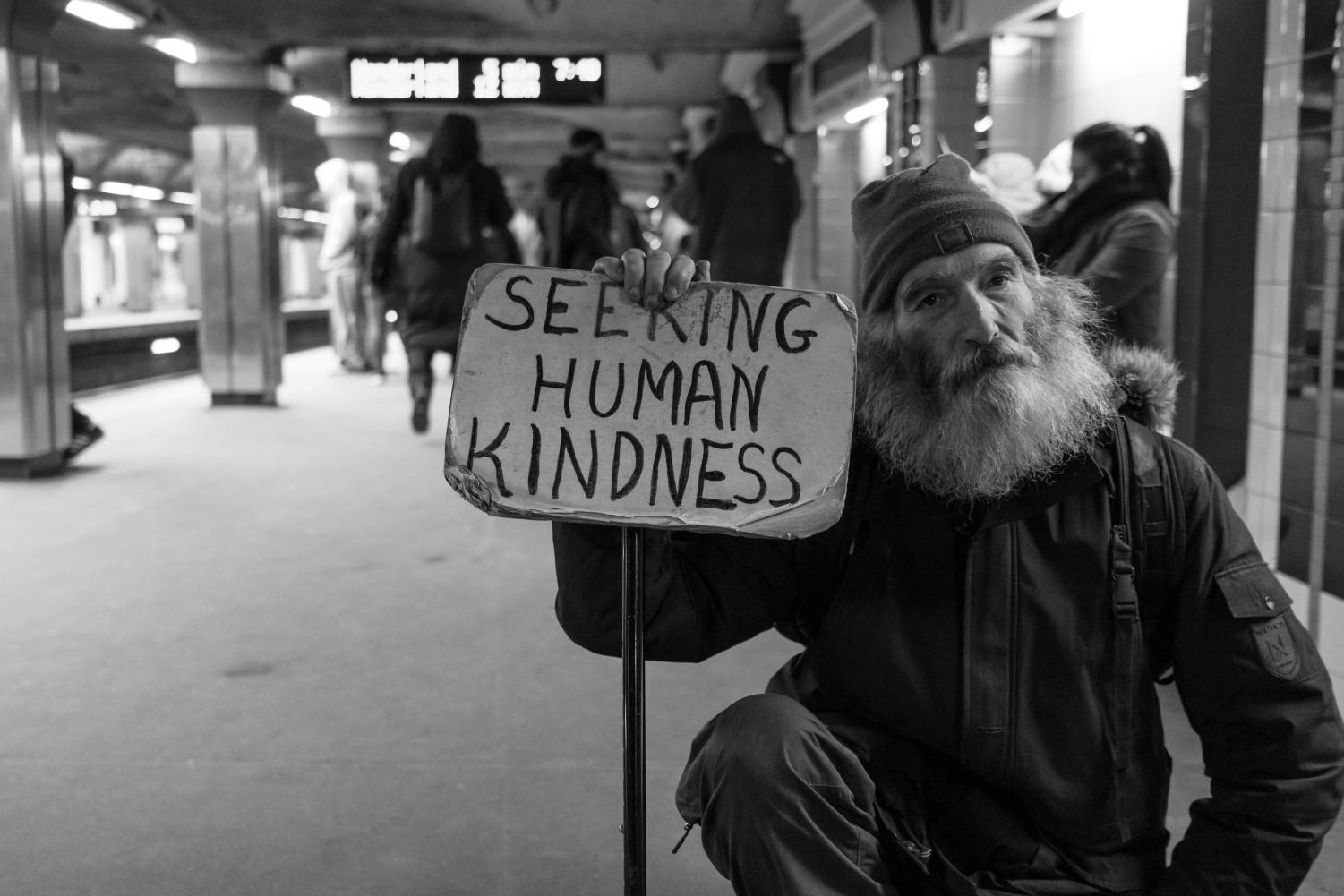Since the COVID-19 pandemic, homelessness spiked and became a more severe epidemic after the spread of the virus. In 2020, the homeless population in Los Angeles County increased by 12.7%. This is largely due to a flawed infrastructure system and the effect of the pandemic on many who lost their jobs.
THE OUTLAWING OF THE LESS FORTUNATE
One of the most pertinent discussions regarding homelessness is finding a place for them to call home—somewhere other than the streets. On Sept. 3 L.A. County enforced a new ordinance that criminalizes homelessness. Essentially, the ordinance bans homeless encampments from any sidewalks and driveways, freeway overpasses and on-ramps, libraries, parks, schools and homeless shelters.
“It protects the users of our public infrastructure and the unhoused residents of our city from being put into positions of interaction with automobiles, around loading docks, driveways and so forth,” said councilman Paul Krekorian.
The ordinance is being passed under the premise that it protects the homeless population. Yet, the question remains where those displaced will find shelter.
THE CHURCH’S ROLE
Though the church cannot fix this issue as a whole, Christians can impact their own communities with available resources provided by the church. While many look at the homeless with pity, Christians set an example through respect and compassion toward the less fortunate.
Homelessness is an issue of isolated people more than anything. With this in mind, a new generous perspective can dawn onto the church that is rooted in a desire to help one’s brother and sister in Christ. Relevant Magazine explains that believers must show generosity to those who are less fortunate, acting as Christ’s hands and feet.
Local churches can prioritize organizing food banks and shelters to help homeless people in their community. The congregation is capable of embracing the homeless and assisting through community outreach, creating meaningful relationships beyond evangelical or missionary agendas.
“The city’s never going to solve homelessness on its own,” said Los Angeles Mayor Eric Garcetti. This issue is complex and requires more than policies alone in order to address homelessness. Equipped with necessary resources and a desire to aid those in need, the church is an essential part of the community that supports people experiencing homelessness.











